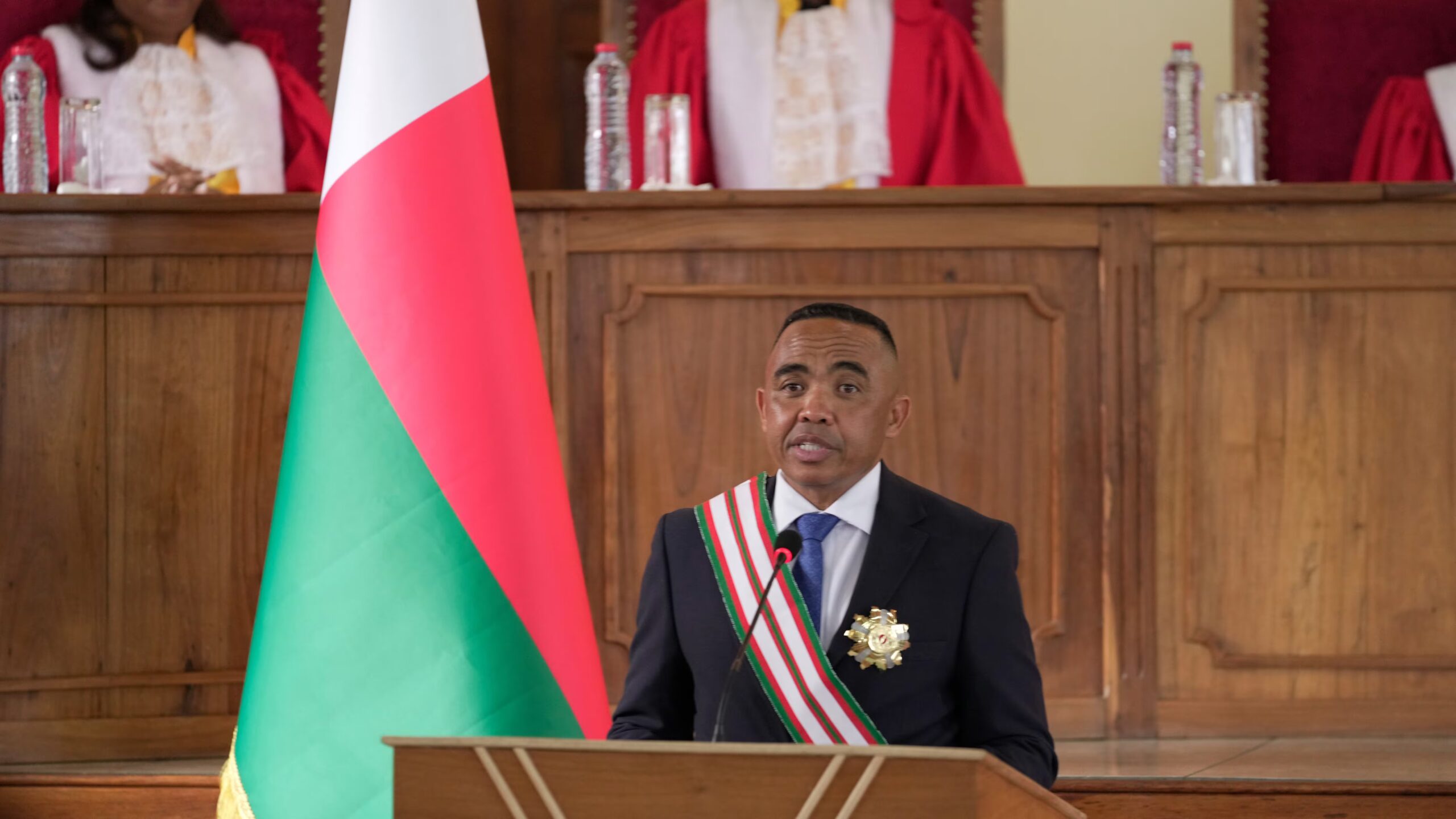In a dramatic turn of events for the Indian Ocean island nation of Madagascar, the military leader Michael Randrianirina has been sworn in as president following a wave of youth-led protests that called for the resignation of the previous regime. The developments come amid escalating demands for accountability and reform.
From Protests to Power
Over recent weeks, Madagascar’s youth took to the streets in multiple cities, voicing frustration over economic stagnation, governance issues and a sense of political neglect. These protests created mounting pressure on the then President Andry Rajoelina, ultimately paving the way for Randrianirina’s ascendancy.
Randrianirina, the former army colonel, was sworn in at the country’s Constitutional Court in the capital, Antananarivo, marking a formal shift in the executive branch.
What This Means for Madagascar’s Political Landscape
- The transition signals a major realignment in Madagascar’s politics, where youth activism has succeeded in effecting leadership change.
- Although the military takeover raises concerns about the future of democratic norms, the new leadership has pledged to restore stability and bring fresh governance.
- The move is likely to be closely watched by regional organisations and foreign partners, particularly those invested in Madagascar’s economic and environmental stakes.
Read Also: South Africa Considers Decriminalising Sex Work: A Major Shift in Policy
Potential Challenges Ahead

Randrianirina faces a daunting agenda: boosting a weak economy, tackling corruption and maintaining international legitimacy.
Experts warn that while the youth-led protests were a powerful catalyst, sustainable reform will require transparent institutions, inclusive governance and effective dialogue.
If not managed carefully, the shift could trigger renewed unrest or international scrutiny over adherence to democratic practices.

